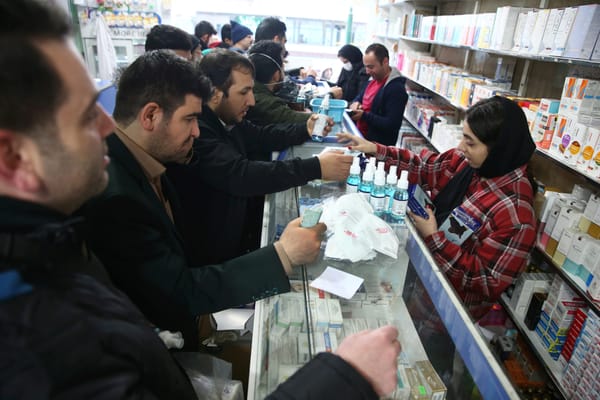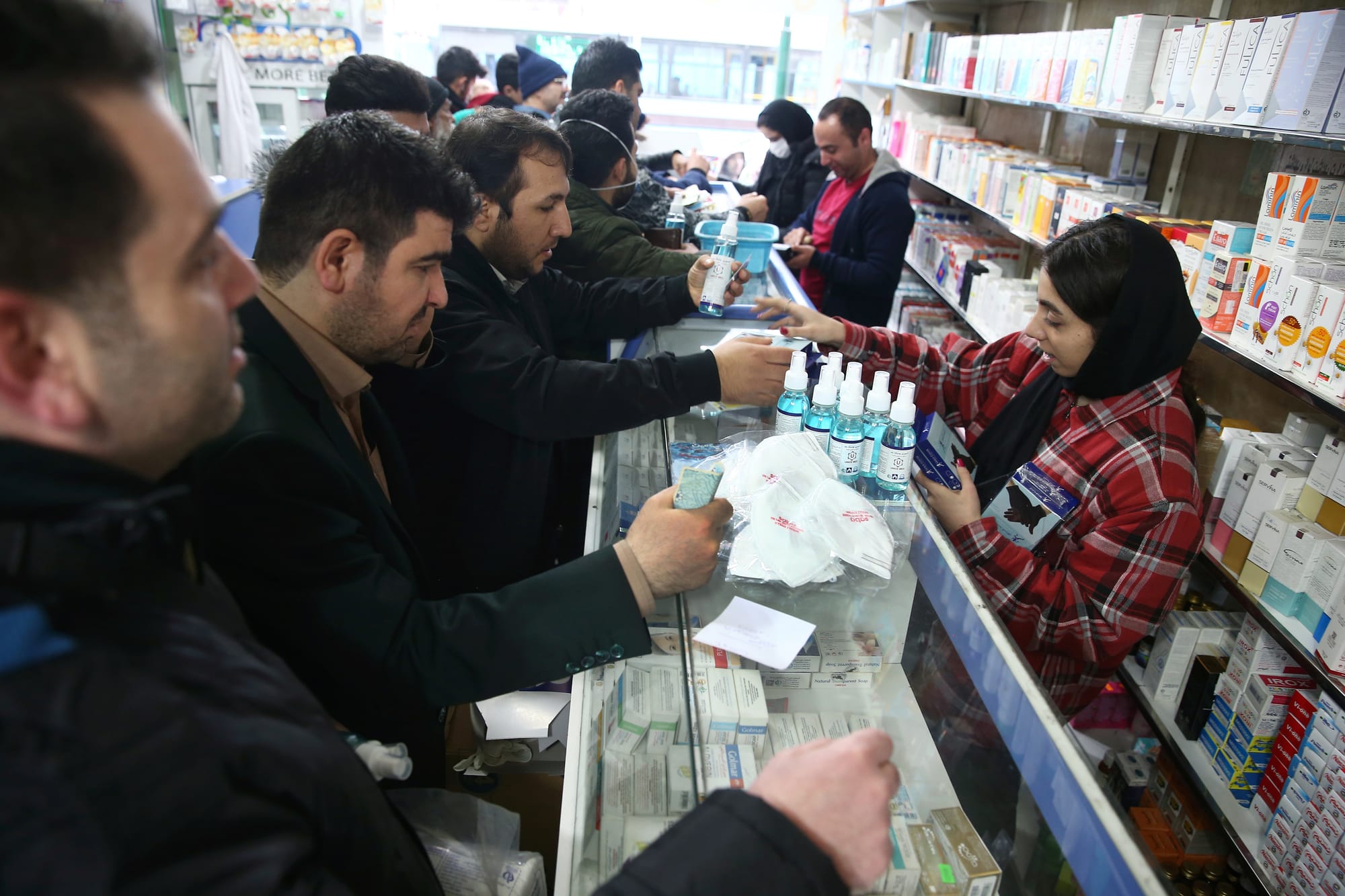Voices from the Middle East: US Sanctions on Iran Devastate the Health Sector
US sanctions against Iran, along with Iranian government policies, have created insurmountable obstacles for domestic drug manufacturers who are struggling to provide people with the health care they need, especially now as COVID-19 ravages Iran. An Iranian pharmaceutical company employee explains w











